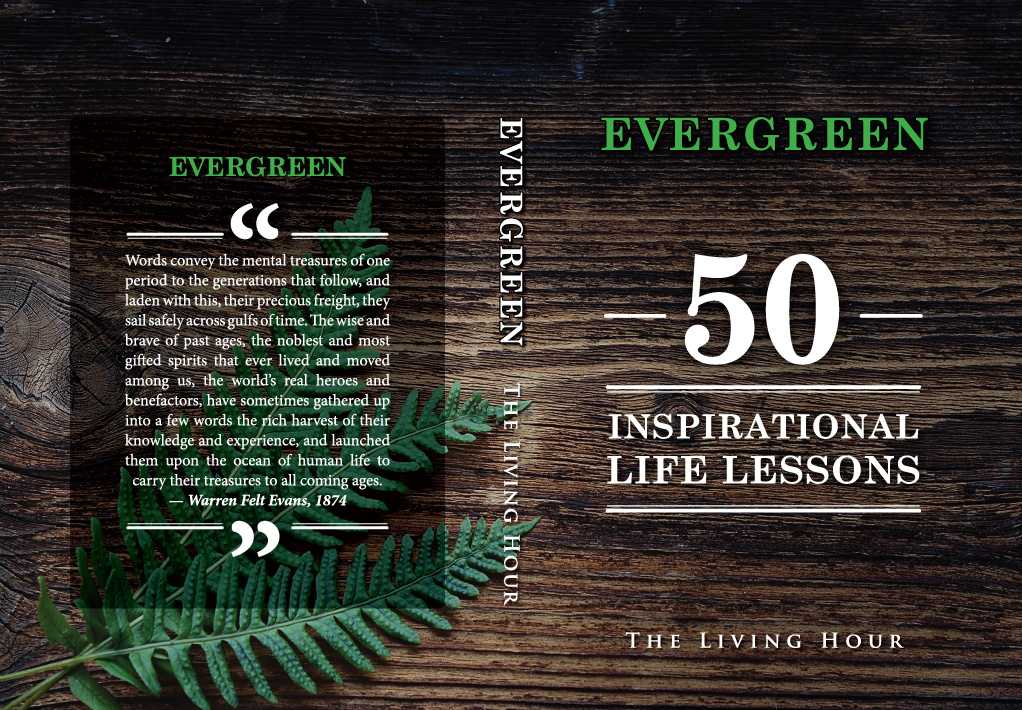16 Jun Teddy Roosevelt & Man in the Arena | Inspirational Podcast
Welcome to the Inspirational Living podcast, brought to you in part by Book of Zen, makers of inspirational fashion and gift ideas. Visit them online at BookofZen.com. Today’s podcast has been edited and adapted from a speech that President Teddy Roosevelt delivered in Paris, France in 1910.
As a country grows, its leaders of thought and of action grope their way forward to a new life, realizing, sometimes dimly, sometimes clear-sightedly, that the life of material gain, whether for a nation or an individual, is of value only as a foundation, only as there is added to it the uplift that comes from devotion to loftier ideals.
The new life we seek can in part be developed anew from what exists in our New World; but it can be developed in full only by freely drawing upon the treasure-houses of the Old World, upon the treasures stored in the ancient abodes of wisdom and learning.
It is a mistake for any nation to merely copy another; but it is even a greater mistake, a proof of weakness in any nation, not to be enthusiastic to learn from one another, and be willing and able to adapt that learning to the new national conditions and make it fruitful and productive therein.
A democratic republic such as ours – an effort to realize (in its fullest sense) a government by, of, and for the people – represents the most gigantic of all possible social experiments, one that is fraught with great responsibilities alike for good and for evil.
For us, the question of the quality of the individual citizen is supreme. In the long run, success or failure will be conditioned upon the way in which the average man and the average women does his or her duty—first in the ordinary, every-day affairs of life, and next in those great occasional cries which call for heroic virtues.
The average citizen must be a good citizen if our democratic nations are to succeed. The stream will not permanently rise higher than the main source; and the main source of national power (and national greatness) is found in the average citizenship of the nation. Therefore it behooves us to do our best to see that the standard of the average citizen is kept high; and the average cannot be kept high unless the standard of the leaders is very much higher.
Let the individual of learning and scholarship beware of the temptation to become a cynic, someone who has outgrown emotions and beliefs, and to whom good and evil are as one. The poorest way to face life is to face it with a sneer.
There are many people who feel a kind of twister pride in cynicism; there are many who confine themselves to criticism of the way others do what they themselves dare not even attempt. There is no more unhealthy being, no person less worthy of respect, than the individual who either holds, or feigns to hold, an attitude of sneering disbelief toward all that is great and lofty.
A cynical habit of thought and speech, a readiness to criticize work which the critic themselves never tries to perform, an intellectual aloofness which will not accept contact with life’s realities: all these are marks, not as the possessor would like to think, of superiority, but of weakness. They mark the individual as unfit to play their part in the drama of life, who seeks (in their contempt for the achievements of others) to hide from others and themselves their own weaknesses.
It is not the critic who counts; not the one who points out how the strong person has stumbled, or where the doer of deeds could have done them better. The credit belongs to the men and women who are actually in the arena, whose faces are marred by dust and sweat and blood; who strive valiantly; who err; who come short again and again, because there is no effort without error and shortcoming…..
Read The Entire Essay in Evergreen: 50 Inspirational Life Lessons
You can also gain access to this essay and full transcript by becoming a patron of the Inspirational Living podcast. For more information, please visit: https://www.patreon.com/inspirationalpodcasts.

